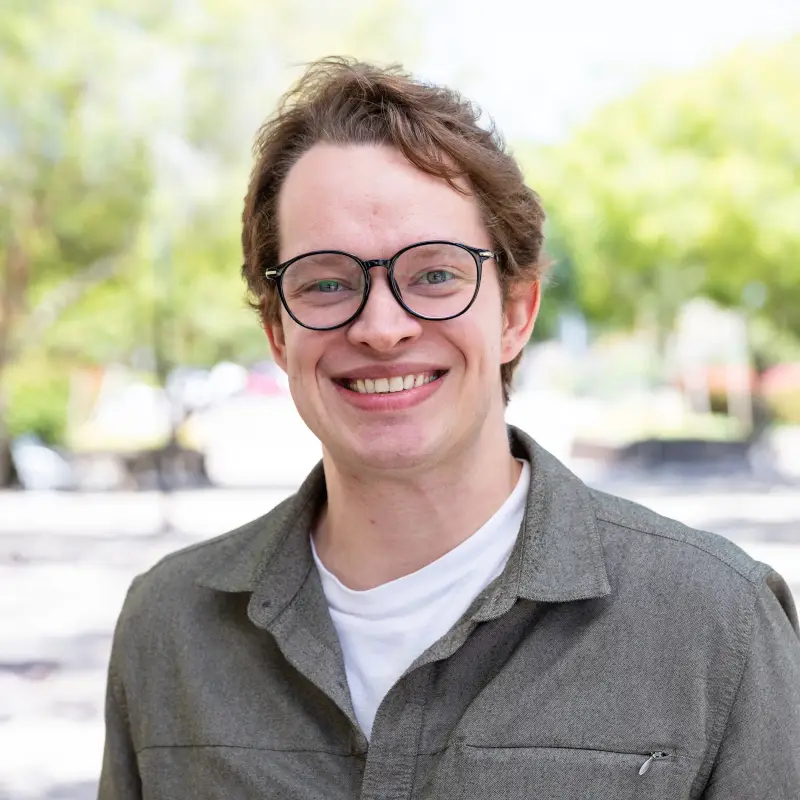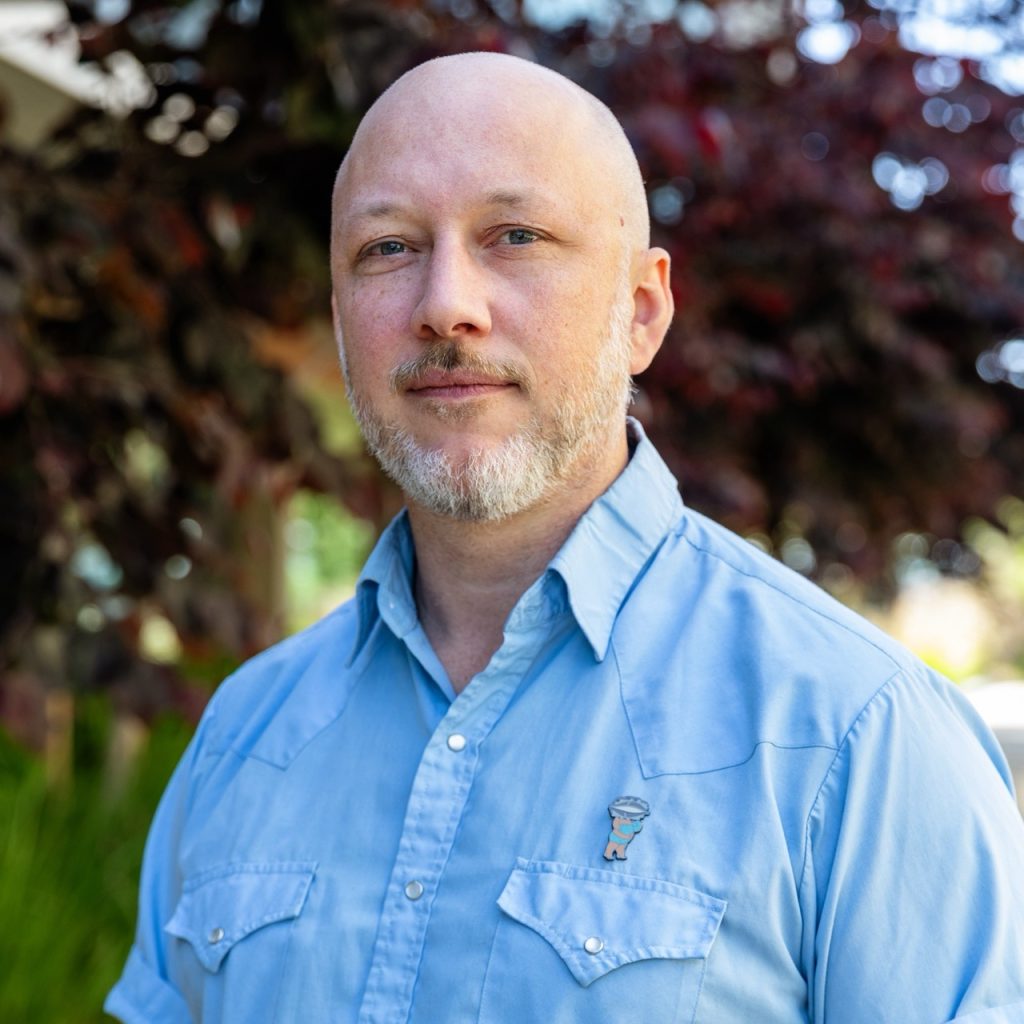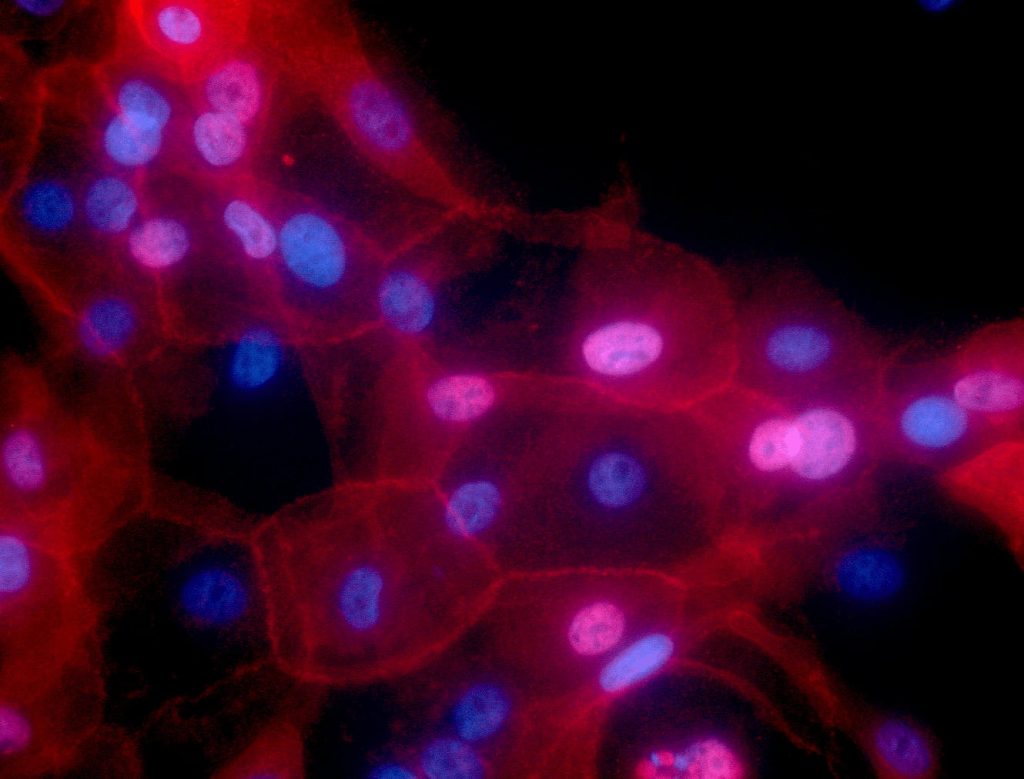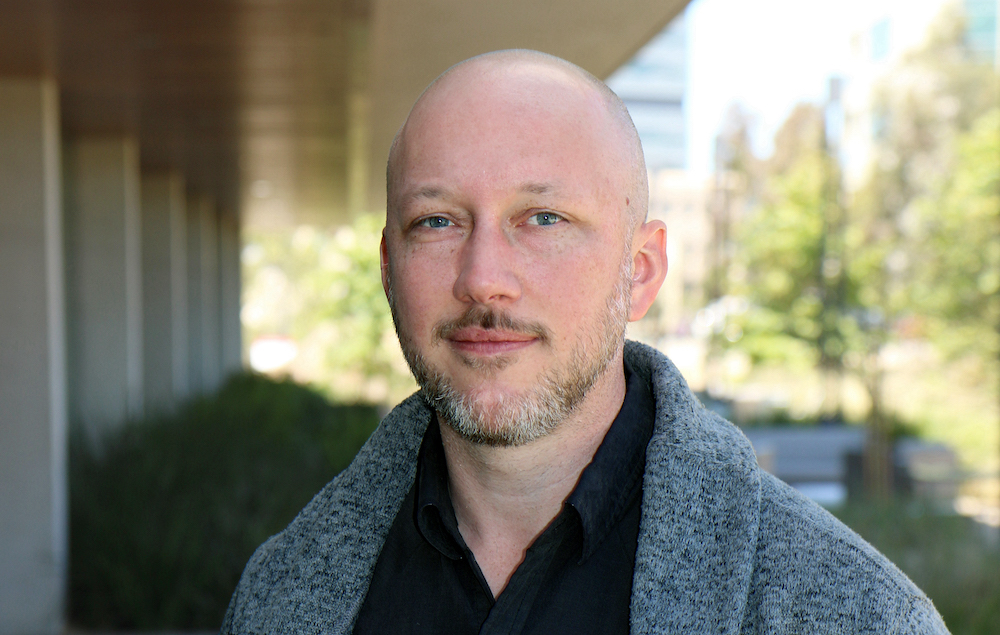Cells must integrate multiple, simultaneous, often contradictory cues about their environment before “deciding” how to respond. Immune cells, for example, balance protective inflammatory responses to clear tissues of pathogens or cancerous cells, while tolerating commensal microbes and self-antigens to avoid autoinflammatory disorders. These signals propagate through extensive biochemical networks within cells, where small molecules are rapidly added and removed from proteins. These protein post-translational modifications (PTMs) control nearly every cellular process from gene expression and differentiation to inducing local cell death or orchestrating systemic immune responses. Only a handful of landmark PTMs are used to study these cellular behaviors, leaving hundreds to thousands of dynamic signaling events overlooked and unnoticed. This oversight impedes our understanding of how immune cells process information, diminishing our capacity to control specific cell fate decisions.
My laboratory develops and applies interdisciplinary approaches to study global signaling dynamics, and how PTMs of different chemistries interact with and influence one another. While our focus is on protein mass spectrometry and quantitative proteomics, we integrate genomics, chemical biology, and genetic engineering to delineate how various signaling pathways integrate into the gene expression machinery to drive immune cell activation and differentiation. Understanding these complex yet fundamental aspects of signaling-to-transcription networks in immune cells is crucial for our ability to prevent and treat not only autoimmune disorders, but cardiovascular disease, neurodegeneration, and cancer.








